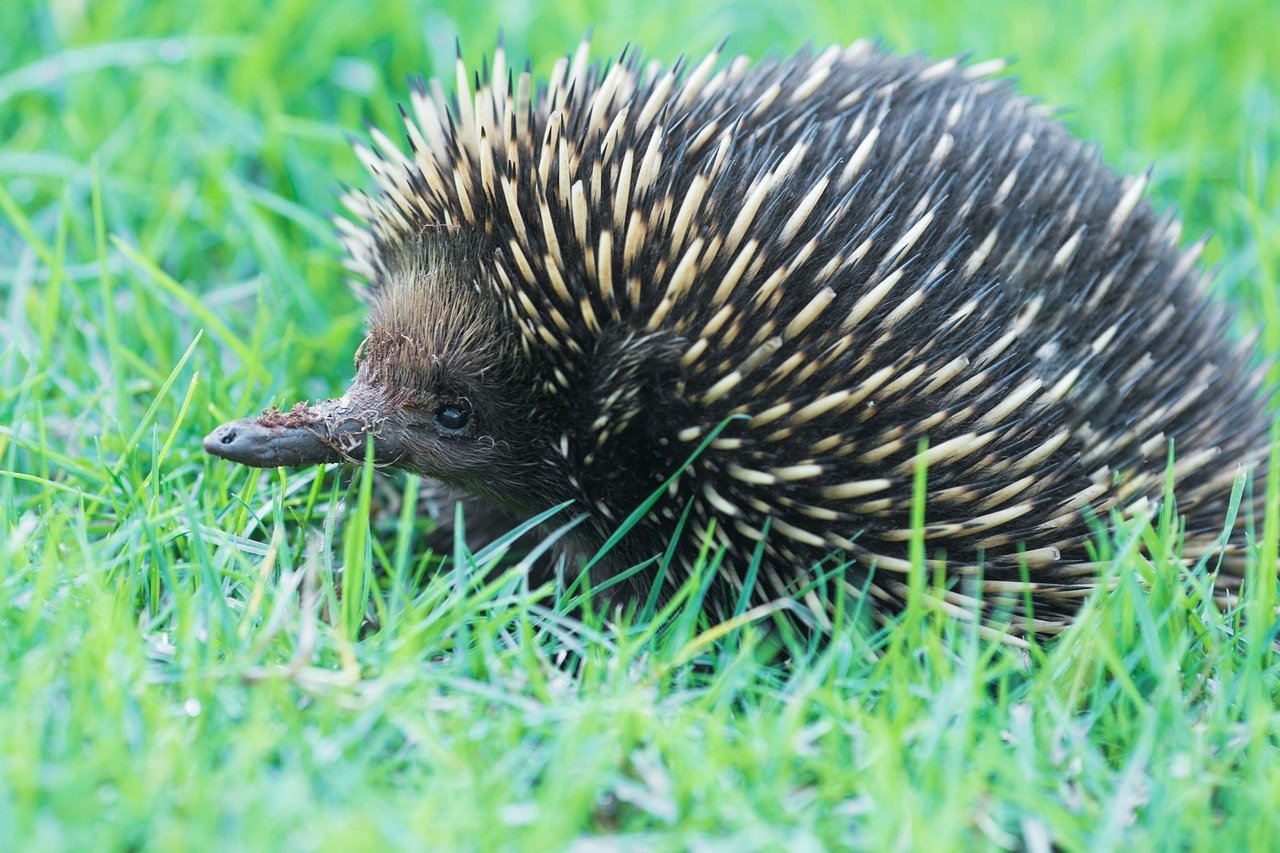Porcupines, as unique and intriguing animals, deserve ethical treatment and conservation efforts to ensure their well-being and survival. While animals, including porcupines, do not have legal rights in the same way humans do, laws and regulations exist to safeguard their welfare and protect them from harm. In this guide, we’ll explore the legal framework surrounding porcupines, the ethical considerations of their treatment, and how individuals can advocate for their rights and conservation.
1. Legal Protections for Porcupines:
1.1 Animal Welfare Laws:
- Many jurisdictions have animal welfare laws that dictate the minimum standards of care for animals, including porcupines. These laws address aspects such as housing, nutrition, veterinary care, and protection from harm.
1.2 Conservation Laws:
- In areas where porcupines are native or endangered, conservation laws may exist to protect their natural habitats and regulate human interaction to ensure their survival.
2. Ethical Considerations in Treatment:
2.1 Respect for Natural Behaviors:
- Ethical treatment involves respecting the natural behaviors of porcupines. Providing opportunities for climbing, foraging, and social interaction contributes to their overall well-being.
2.2 Avoidance of Harm:
- Ethical treatment includes avoiding any actions or practices that may cause harm, stress, or discomfort to porcupines. This encompasses proper handling, veterinary care, and environmental considerations.
3. Advocating for Legal Protections:
3.1 Support Animal Welfare Legislation:
- Advocate for and support the enactment and enforcement of strong animal welfare laws that specifically address the needs and rights of porcupines.
3.2 Conservation Initiatives:
- Get involved in or support conservation initiatives aimed at preserving the natural habitats of porcupines. This can include habitat restoration, wildlife corridors, and efforts to combat illegal wildlife trade.
4. Educating the Public:
4.1 Raise Awareness:
- Educate the public about the unique qualities and needs of porcupines. Increased awareness fosters empathy and support for legal protections and conservation efforts.
4.2 Responsible Pet Ownership:
- Encourage responsible pet ownership among those who keep porcupines as pets. Promote adherence to legal standards and ethical care practices.
5. Reporting Violations:
5.1 Reporting Animal Cruelty:
- If you witness any violations of animal welfare laws or instances of cruelty towards porcupines, report them to the appropriate authorities. Timely reporting is crucial for addressing and preventing mistreatment.
5.2 Illegal Wildlife Trade:
- Report any suspected illegal wildlife trade involving porcupines. This contributes to efforts to combat the illicit trade that poses a threat to their populations.
6. Collaboration with Conservation Organizations:
6.1 Volunteer and Support:
- Collaborate with and support conservation organizations dedicated to the well-being and conservation of porcupines. Volunteer your time or contribute to fundraising efforts.
6.2 Research and Conservation Projects:
- Stay informed about ongoing research and conservation projects focused on porcupines. Supporting these initiatives aids in the broader goal of protecting their species.
7. Legal Rights and Conservation Success:
7.1 Legislative Advocacy:
- Engage in legislative advocacy to strengthen and improve existing laws for the protection of porcupines. Advocate for stricter regulations against habitat destruction, poaching, and the illegal pet trade.
7.2 Conservation Success Stories:
- Highlight and share success stories in porcupine conservation. Showcasing positive outcomes can inspire further support and action for their protection.
Conclusion:
While porcupines may not have legal rights in the traditional sense, they are afforded legal protections under animal welfare and conservation laws. Ethical treatment involves recognizing and respecting their natural behaviors, avoiding harm, and actively advocating for their well-being and conservation. By supporting and adhering to legal frameworks, raising awareness, and actively participating in conservation efforts, individuals can play a vital role in ensuring the rights and survival of these fascinating creatures. Advocacy for ethical treatment and conservation contributes to a world where porcupines thrive in their natural habitats, free from harm and with a promising future.



